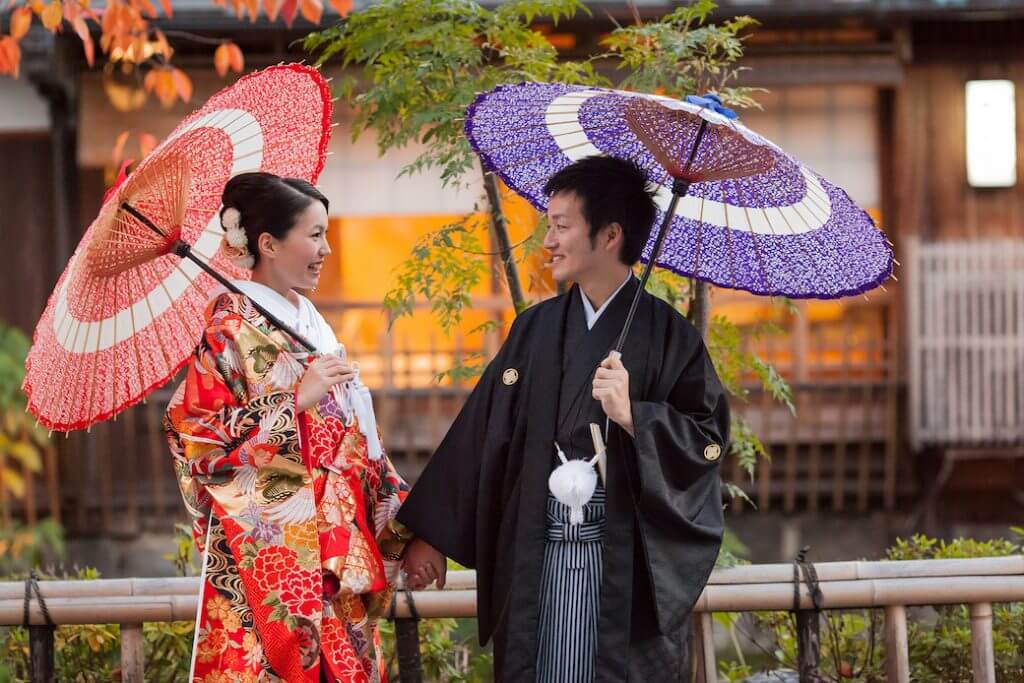The Trend Of Declining Marriages
Japan is experiencing a concerning decline in marriages. Nearly one-third of Japanese people under 40 have never been in a relationship. The government call this “marriage ice age” a crisis, as fewer marriages mean fewer children. The declining population threatens the country’s economic future.
The Government’s Approach

1. Government Matchmaking Programs
Many Japanese prefectures now offer online-based matchmaking services to pair up singles looking for romance. These programs require detailed personal information and personality tests to help find compatible matches. The government-run matchmaking is more structured than dating apps, with no texting beforehand and a focus on facilitating in-person dates.
2. Improving Work-Life Balance
The government is also trying to address the financial concerns and unstable employment that make it difficult for young people to get married and start families. Policies to improve work-life balance, such as encouraging paternity leave and flexible work arrangements, could make it more feasible for people to marry and have children.
3. Changing Social Attitudes
The government is also trying to change societal attitudes and remove the stigma around being single or childless. Promoting a pro-family approach and dispelling the notion of “bad luck” associated with certain years of marriage could encourage more people to get married.
Challenges and the Way Forward
While the government’s efforts are a step in the right direction, addressing the complex social and economic factors behind Japan’s “marriage ice age” will require a multi-faceted approach over the long term. The declining birth rate and ageing population pose significant challenges for Japan’s future, and the government’s continued commitment to addressing this issue will be crucial.
How to fix it?
Japan’s “marriage ice age” is a complex challenge, but the government’s innovative strategies offer hope. By leveraging government-backed matchmaking services, improving work-life balance, and shifting societal attitudes, the government is taking a comprehensive approach to encourage more people to get married and start families. As Japan navigates this critical period, the success of these efforts will be vital for the country’s future.














